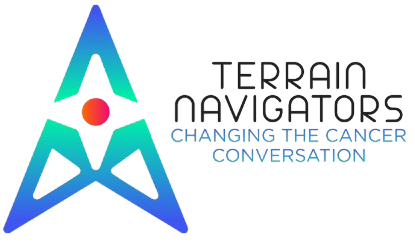Why I’m Saying No to Ozempic: A Rational Stand for Real Health
I am not against people wanting to lose weight. In fact, I’m all for it—excess weight and obesity are major causes of chronic disease in this country, from Type 2 diabetes to cardiovascular illness to cancer. The U.S. has a very real metabolic health crisis and obesity problem, and reversing it should be a national priority.
It seems that people (and our government officials) are finally starting to get this, and for that I’m grateful.
But I am not in favor of shortcuts with unknown long-term consequences, and that’s what Ozempic and drugs like it represent to me. These injectable drugs, originally designed for people with diabetes, are now being prescribed at scale to people seeking rapid weight loss—many of whom haven’t addressed the root causes of their metabolic imbalances. These drugs may seem miraculous in the short term, but I must ask: at what unknown cost?
History has shown me time and again that when the medical-pharmaceutical complex rushes to treat symptoms with drugs—especially when lifestyle change is inconvenient or slower—we often pay for it later. Weight loss achieved by blunting appetite via drugs doesn’t teach anyone how to eat nourishing food, how to build a sustainable relationship with their body, or how to strengthen emotional resilience. It simply masks the problem.
I believe in a different approach—one rooted in long-term vitality, not quick fixes. I encourage people to move their bodies daily. To eat real, whole, unprocessed foods. To reduce sugar and industrial seed oils. To sleep, breathe, connect, rest, hydrate, and find purpose. To slow down or stop drinking alcohol.
These are not trendy or flashy things to do, but they work. They come with no hidden side effects. And best of all, they empower people to reclaim agency over their health.
To be clear, I’m NOT judging individuals who choose Ozempic. I understand the thinking that can come with struggling to lose weight. But I am concerned about a culture that normalizes taking drugs instead of healing.
My hope is to encourage a deeper conversation—not about what’s easy, but about what’s sustainable, safe, and life-giving in the long run.
